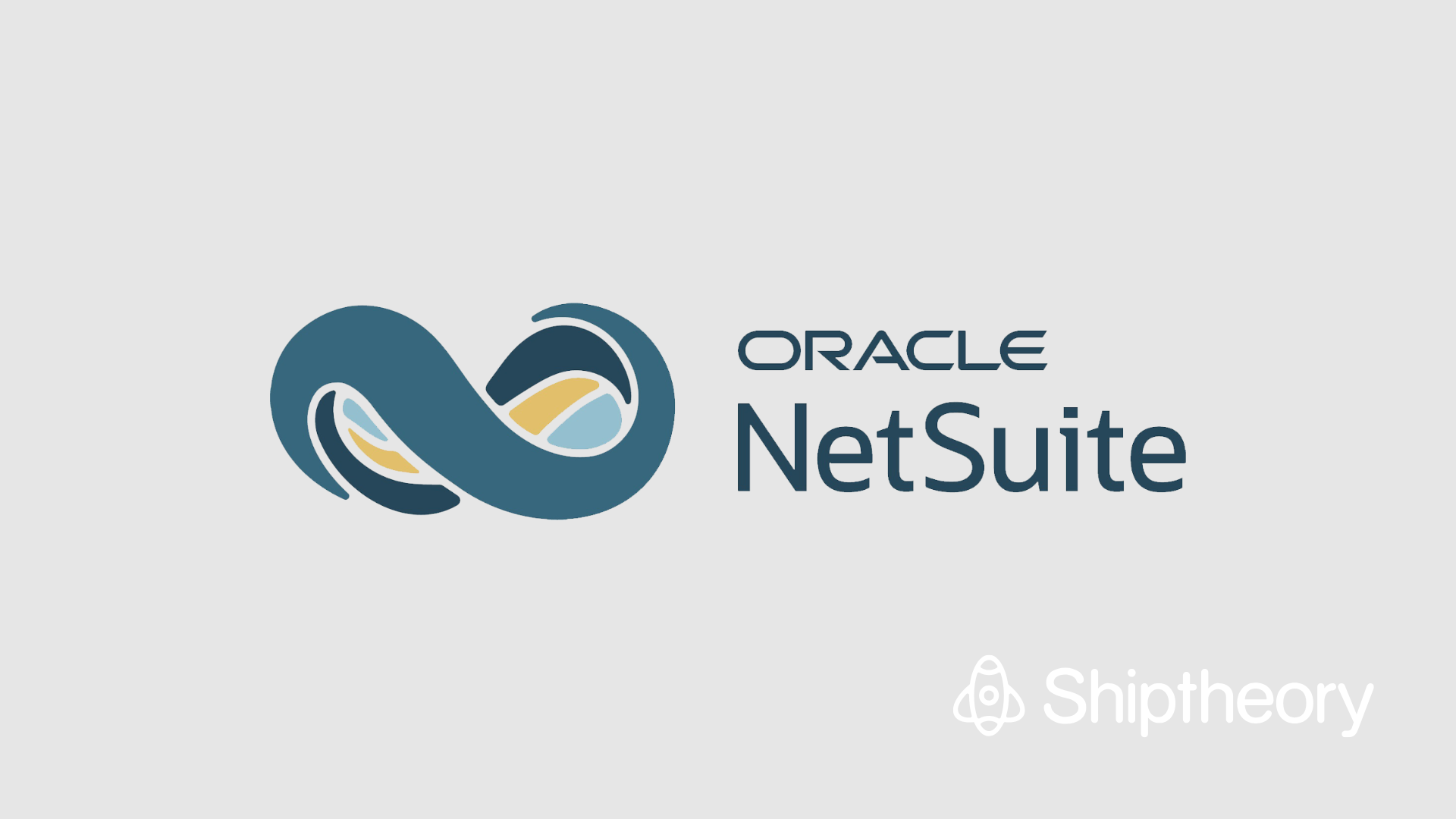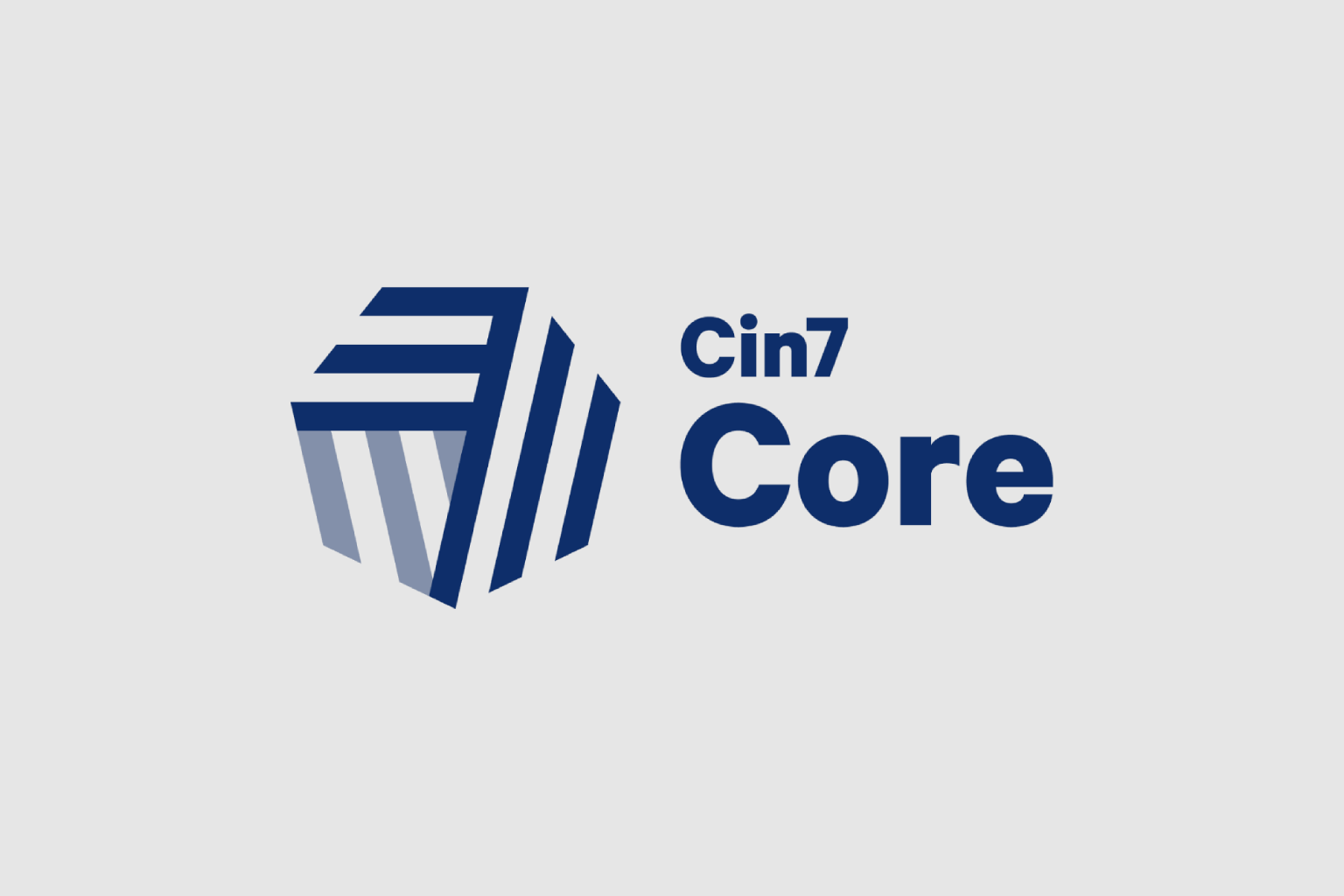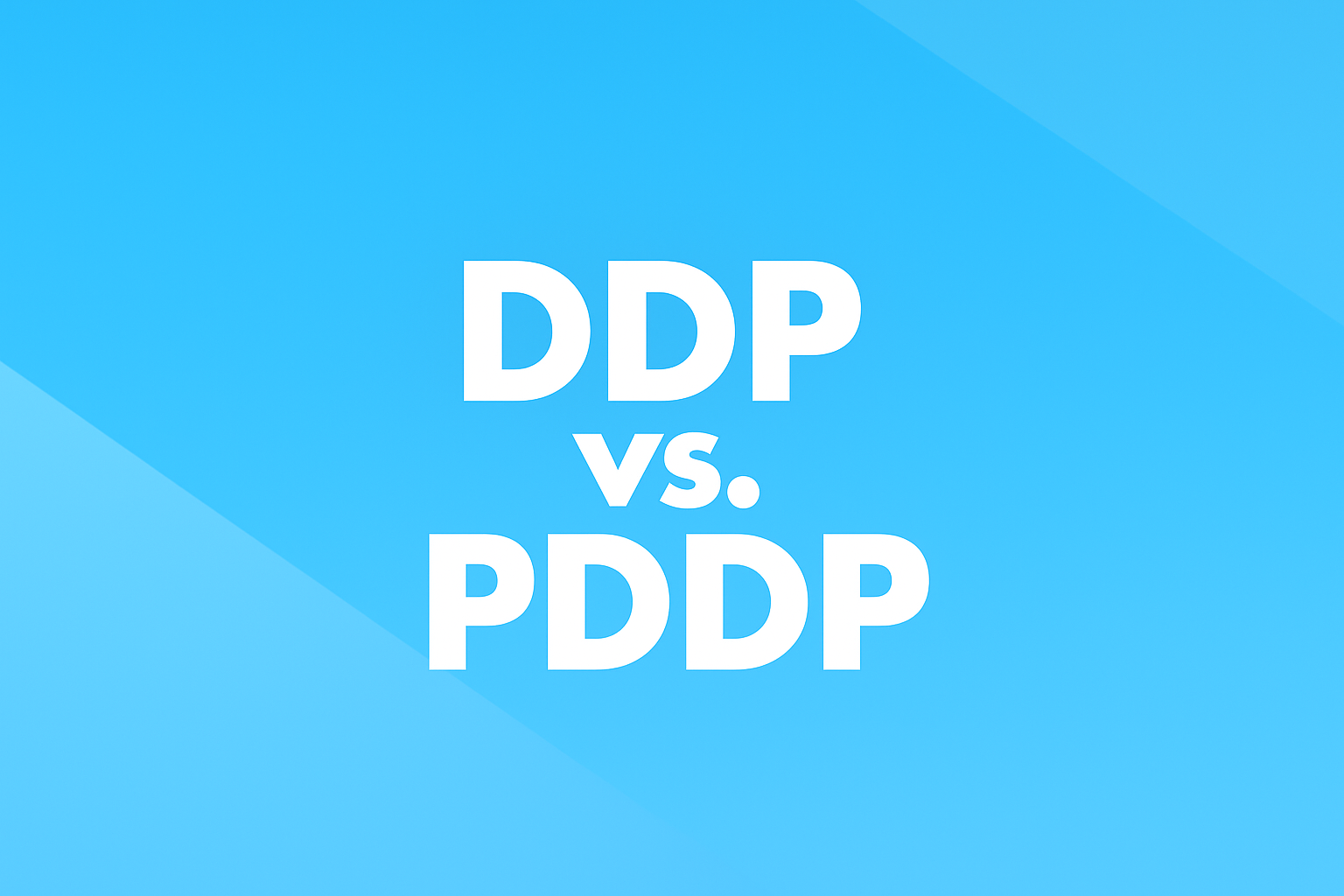- Shiptheory

Exploring Alternatives to Linnworks for Your Business Needs
In recent times, Linnworks has become increasingly popular among eCommerce businesses as an all-in-one solution for managing orders, inventory, and shipping. However, the platform comes with limitations that can hinder businesses' growth and development. In this article, we'll explore the limitations of Linnworks and suggest alternative platforms to consider for your business needs.
Understanding Linnworks and Its Limitations
What is Linnworks?
Linnworks is a cloud-based platform that provides an all-in-one solution for e-commerce businesses to manage their orders, inventory, and shipping across multiple sales channels. It boasts features like bulk listing and updating of products, real-time inventory management, and shipping automation. It also integrates with popular e-commerce channels like Amazon, eBay, and Etsy, making it a popular choice for businesses that want an all-in-one platform.
One of the key benefits of Linnworks is that it allows businesses to manage multiple sales channels from a single platform. This can save businesses a lot of time and effort, as they don't have to log in to multiple platforms to manage their orders, inventory, and shipping. Instead, they can do it all from one place.
Another benefit of Linnworks is that it offers a high degree of customization. Businesses can create their own workflows and rules to automate their processes, which can save them even more time and effort. For example, businesses can set up rules to automatically assign orders to specific team members or to prioritize orders based on their value.
Common Issues with Linnworks
Despite its popularity, Linnworks has limitations that may not suit every business. One of the primary issues with Linnworks is its pricing structure. Linnworks charges businesses based on the number of orders and listings they manage per month. This can be costly for businesses with high order volume as they end up paying more for additional orders.
Linnworks also alienated a lot of its existing customers with huge price jumps in the last few years. Customer relations can take a huge hit when the price for a service jumps, especially when this isn't in line with improvements to the service.
Another issue with Linnworks is that it's sometimes slow to update inventory levels, which can lead to overselling or underselling of products. This can be a major problem for businesses that rely on accurate inventory levels to manage their operations. Additionally, the platform can become complicated to navigate as businesses scale up, making it difficult to manage orders, inventory, and shipping.
Key Features to Look for in an Alternative
When considering alternatives to Linnworks, certain features are important to look out for, depending on your business needs. Below are some key features to consider:
Inventory Management
Ensure that the alternative platform has robust inventory management capabilities, including real-time inventory tracking, automated stock level updates, and customized inventory reports. These features can help businesses manage their inventory more efficiently and reduce the risk of overselling or underselling products.
For example, real-time inventory tracking allows businesses to keep track of their stock levels in real-time, ensuring that they are always aware of what products are in stock and what products are running low. Automated stock level updates can help businesses avoid overselling or underselling products, as the system will automatically update the stock levels across all sales channels when a sale is made.
Customized inventory reports can provide businesses with insights into their inventory performance, allowing them to make informed decisions about their stock levels and purchasing decisions.
Order Management
Like Linnworks, the alternative platform should have a centralized order management system that allows you to manage orders from various sales channels in one place. The platform should also allow businesses to batch print shipping labels and invoices as well as provide updates to customers on shipping status.
Batch printing shipping labels and invoices can save businesses time and effort, as they can print multiple labels and invoices at once rather than having to print them individually.
Providing updates to customers on shipping status can also help businesses improve customer satisfaction, as customers will be able to track their orders and know when to expect delivery.
Shipping and Fulfillment
The alternative platform should integrate with major shipping carriers, such as Royal Mail, UPS and DHL, to streamline the shipping and fulfillment process. The platform should also offer features like bulk shipping, automated tracking number generation, and label printing.
Integrating with major shipping carriers can help businesses save time and money, as they can easily compare shipping rates and choose the most cost-effective option. Bulk shipping allows businesses to ship multiple orders at once, while automated tracking number generation and label printing can save time and reduce errors.
Reporting and Analytics
To make informed decisions about your e-commerce business, it's important to have access to analytics and reporting. Look for an alternative platform that offers comprehensive reporting capabilities like sales trends, inventory turnover rate, and order fulfillment success rate. This can help businesses optimize their operations and increase revenue.
For example, sales trends can help businesses identify which products are selling well and which products are not, allowing them to adjust their inventory levels and marketing strategies accordingly. Inventory turnover rate can help businesses determine how quickly their inventory is selling and make informed decisions about their purchasing and restocking strategies. Order fulfillment success rate can help businesses identify areas for improvement in their shipping and fulfillment processes and improve customer satisfaction.
Integration with eCommerce Platforms
Just as with carrier integrations, the alternative platform should integrate with popular eCommerce sales channels like Amazon, eBay, Etsy, and Shopify. This integration allows businesses to manage their listings, orders, and inventory across multiple channels in one place.
Integrating with popular e-commerce sales channels can help businesses reach a wider audience and increase their sales. It can also help businesses manage their listings, orders, and inventory more efficiently, as they can manage everything in one place rather than having to switch between multiple platforms.
Top Linnworks Alternatives
If you are looking for an alternative to Linnworks, there are several options available that offer robust inventory management, order processing, and shipping features. Below are some of the top Linnworks alternatives you can consider for your eCommerce business:
Veeqo
Pioneered by Amazon themselves, Veeqo is an eCommerce platform that is designed to help businesses manage their inventory, orders, and shipping across multiple channels. The platform includes features like real-time inventory tracking, order management, and shipping label printing, which can help you save time and reduce errors.
Other than Amazon, Veeqo integrates with major eCommerce sales channels like Shopify,
which can help you manage your sales channels more easily. The platform also includes features like purchase order management, which can help you keep track of your inventory levels and reorder products more efficiently.
Zoho Inventory
Zoho Inventory is an inventory management software that allows businesses to track orders, manage inventory, and generate reports. The platform is designed to help you streamline your business processes and increase your efficiency.
Zoho Inventory integrates with popular eCommerce platforms like Amazon and Shopify, which can help you manage your sales channels more easily. The platform includes features like customized workflows, order fulfillment automation, and barcode scanning, which can help you stay on top of your inventory levels and reduce the risk of overselling.
Shiptheory
A shameless plug for our own solution - but we have reasons to be proud of what we do! Shiptheory has the most carrier integrations of any UK shipping automation software (but we're making a splash in the US too), and the highest TrustPilot score too.
We've been streamlining shipping for years and save thousands of retailers every single week, and are now expanding into inventory too! Customers can use inventory sync to manage their stock in a single location, and automatically update stock counts when orders are processed.
Currently enabled for Shopify, WooCommerce and Amazon, we've got big plans to become one of the best inventory management platforms out there. You can learn more about Shiptheory's inventory offering here.
This is only a few of the alternatives to Linnworks that exist out there to help you manage your eCommerce business more effectively. Whether you are looking for inventory management, order processing, or shipping features, there is a platform out there that can meet your needs.
Consider your business requirements and budget when choosing an alternative to Linnworks, and take advantage of free trials and demos to find the best platform for your business.
Conclusion
Linnworks may be a popular choice for managing online sales, but as highlighted in this article, it's not the only option available. By considering alternatives, businesses can find tailored solutions that suit their specific needs, offering better pricing, features, and scalability. Above all, the right eCommerce platform can help businesses optimize their operations and increase revenue.






